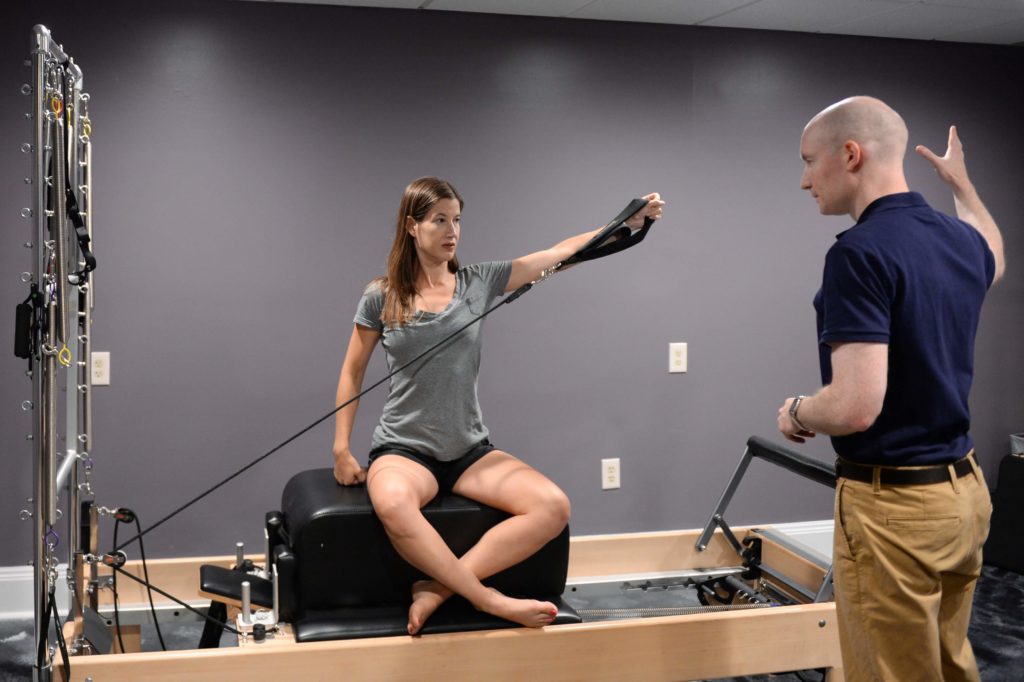Is it a problem if a person can “pop” their shoulder in/out?
On occasion individuals have increased mobility in their shoulder. This increased mobility enables them the ability to “pop” it in out (i.e. Mel Gibson’s character Martin Riggs in Lethal Weapon). Frequently these individuals like to show off their trick shoulder. But is this a good thing?
In short, the answer is NO.
While their shoulder may not specifically hurt it is not a good thing. This is especially from a long-term perspective.
The ability to “pop” the shoulder is based upon increased laxity in the shoulder joint. This means the ligaments that help to stabilize the shoulder in the socket are looser than normal. Now it is ok for these ligaments to be a little loose and not be a problem. But with more significant laxity, eventually problems will arise. The repeated micro-trauma to the shoulder joint with the person “popping” it in/out will create issues.
What if my shoulder has the ability to “pop” – what should I do?
Well…this depends upon just how loose the shoulder joint is? Also, is there is any impact on daily functional use of the shoulder?
In many instances provided the shoulder has not undergone too many or frequent micro-traumas, it is possible to successfully rehab the shoulder. This involves a program focused on muscle control and strengthening all the muscles supporting the shoulder joint. The program may take time, but if the “popping” reduces, surgery can be avoided. Additionally, for a successful outcome, it will require the individual to not intentionally “pop” the shoulder and avoid known positions which may cause the “pop” as well.
However, should the “popping” continue on a regular basis, surgery could become a necessity some day for optimal shoulder function.
Are you one of those people who can frequently “pop” their shoulder? Looking to understand your options better?
If so, then fill out this Quick Form to request a FREE phone consultation to learn more about the best treatment options for your shoulder.
